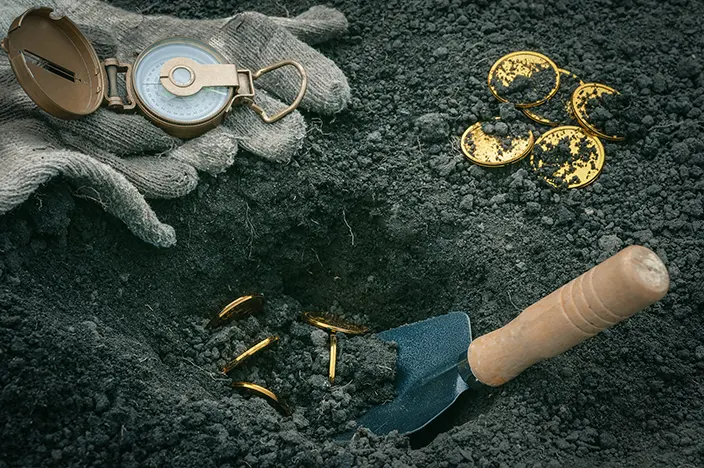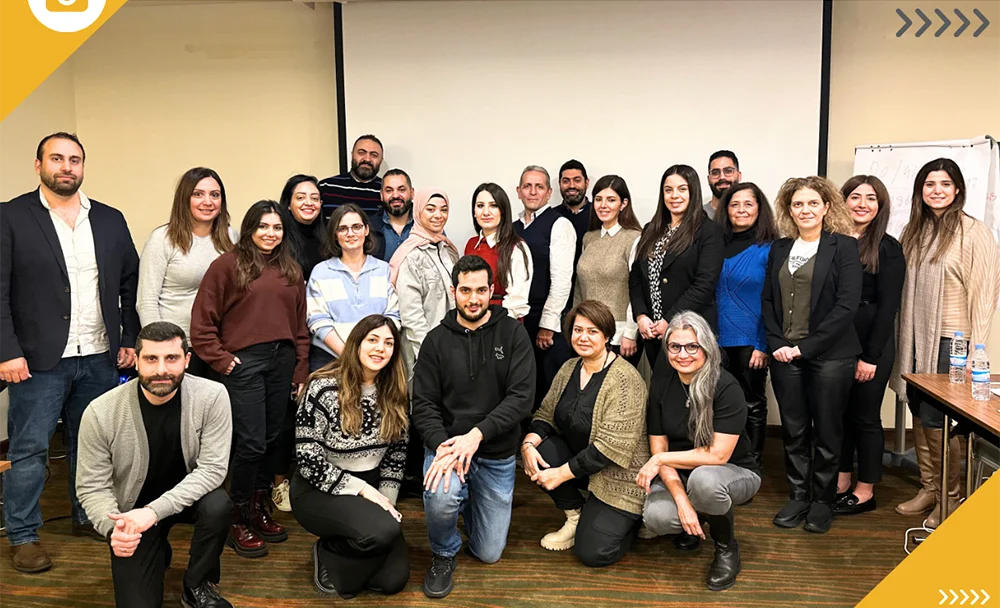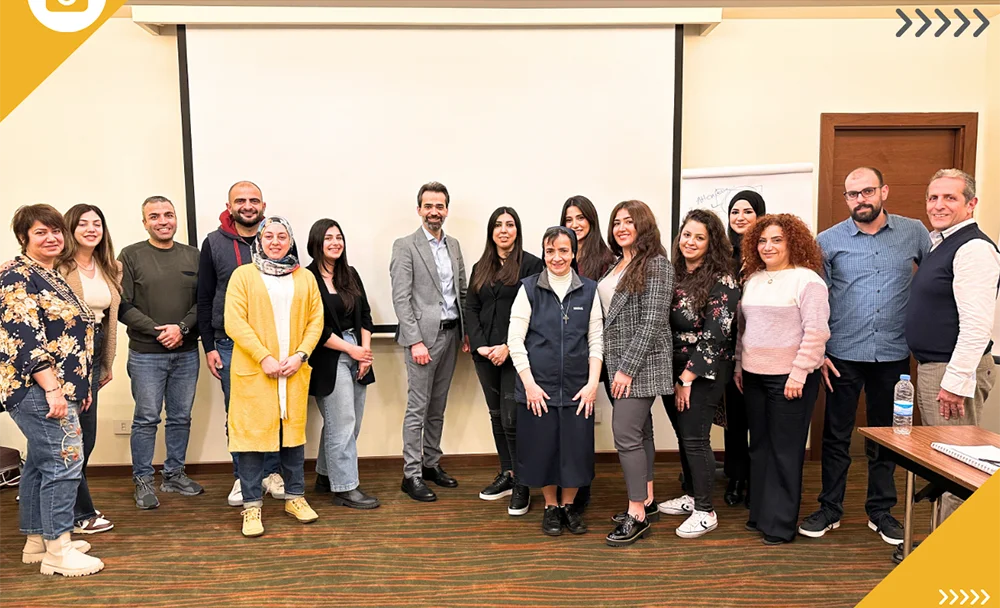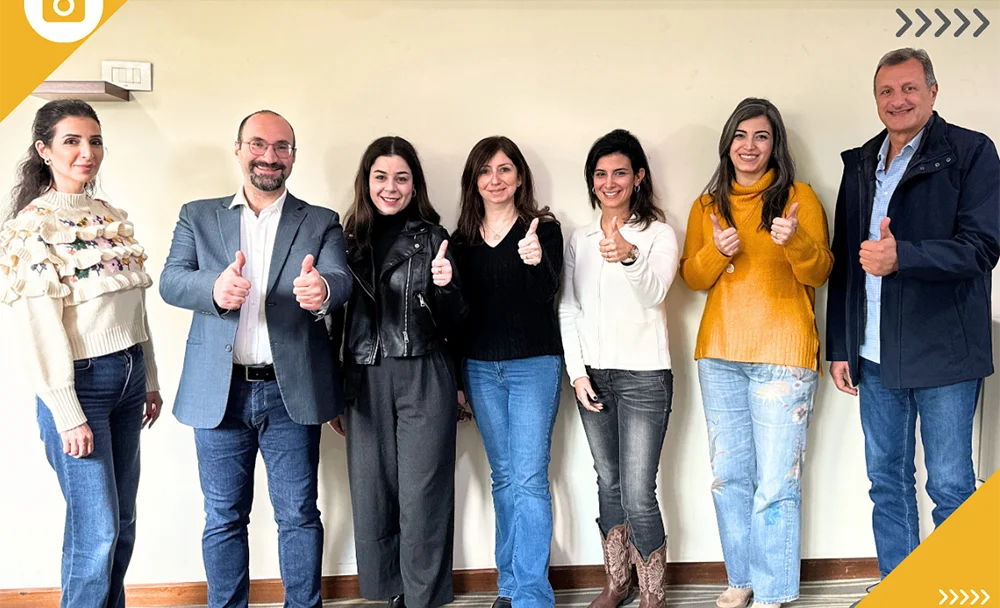Duration: 4 Cycles – 4 Hours Each
The workshop is designed to be highly interactive, group activity and behavioral based, in order to hold each participant’s attention and interest in the program.
The program is to be delivered over a span of four cycles; ideally participants should undergo a pre-assignment. We recommend delivering sessions space some days apart to give time for attendees to practice and apply some of the notions given on the first day and to provide feedback and continue with new concepts on the second day and so on…
Today’s workforce is experiencing job burnout and stress in epidemic proportions. Workers at all levels feel stressed out, insecure, and misunderstood. Many people feel the demands of the workplace, combined with the demands of home, have become too much to handle.
On the other hand, Anger is a universal experience. Dogs get angry, bees get angry, and so do humans. You don’t have to be a psychologist to know that managing anger productively is something few individuals, organizations, and societies do well. Yet research tells us that those who do manage their anger at work are much more successful than those who don’t.
The co-worker who can productively confront his teammate about his negative attitude increases his team’s chance of success as well as minimizes destructive conflicts. The customer service agent who can defuse the angry customer not only keeps her customers loyal but makes her own day less troublesome. This 4-Cycle workshop is designed to help give you and your organization that edge.
This workshop will help teach participants how to:
- Understand that stress is an unavoidable part of everybody’s life
- Recognize the symptoms that tell you when you have chronic stress overload
- Change the situations and actions that can be changed
- Deal better with situations and actions that can’t be changed
- Create an action plan for work, home, and play to help reduce and manage stress
- Recognize how anger affects your body, your mind, and your behavior.
- Use the five-step method to break old patterns and replace them with a model for assertive anger.
- Control your own emotions when faced with other peoples’ anger.
- Identify ways to help other people safely manage some of their repressed or expressed anger.
CYCLE ONE
Jar of Life
Upon discussing the overall objective of this unique training, a demonstration of the Jar of Life will take place. Hence, participants will understand that no matter how stressed they are, there exist always a room to relief!
Defining Stress and How It Affects Us
To begin, participants will explore what stress is and the effects it can have. They will also work on identifying their stressors.
The Candle Problem
This session is activity based on the Karl Dunker Candle Problem upon which participants will physically understand how does stress affects their performance and brain function.
What Is Stress About?
This session will explore some of the things that stress is about. Participants will also learn about the positive effects of stress and what eustress is.
What is Anger?
Next, participants will consider what anger is and how it affects their lives.
Costs and Pay-Offs
Then, participants will learn about anger costs and pay-offs.
Something Special & Dear to Me
To conclude the first cycle, participants will be asked to prepare themselves for their next session, through bringing with them something they consider dear and special on personal level.
CYCLE TWO
Something Special & Dear to Me – Revealed
To start the second session of this cycle, participants by turn will reveal the object they have considered as special and means something important to them, during which they will tell the story of this object to the rest of participants.
Design Therapy!
Typically objects chosen represent a stressor in the lives of participants, accordingly transforming their objects and statements into something they can feel and physically see will help them overcome this stressor. Each to work upon a maquette that represents this stressor!
The Anger Process
In this session, participants will learn how pain and trigger thoughts combine to cause anger. They will also explore their own trigger thoughts. An exercise on how to manage anger using an anger log is also included.
How Does Anger Affect Our Thinking?
Next, participants will learn about types of distorted thinking and how they can manage their thoughts and behavior when they are angry.
CYCLE THREE
Objects Revealed
To start the third session, participants will have prepared their maquettes and will show it to the rest of the group while talking about the impact transforming thoughts into an object marked their mindset.
Building a Solid Foundation
Next, participants will learn about the four pillars of stress management. Special focus will be given to relaxation techniques.
Mental Strategies
This session will give participants two mental strategies to manage stress. They will also learn about the Triple A approach: alter, avoid, and accept.
Stress at Work
During this session, participants will complete a stress inventory to help them identify areas of stress at work. Participants will also identify some solutions for work-related stress.
CYCLE FOUR
Time Management Tips
A little bit of planning can go a long way towards reducing stress. Participants will work in small groups to brainstorm ways of managing time.
Understanding Behavior Types
Sometimes, understanding why someone is behaving in a particular way is enough to ease your anger a little. Participants will explore the four main behavior types in this session.
Managing Anger
In this session, participants will learn coping strategies and relaxation techniques to help them manage anger.
Workshop Wrap-Up
At the end of the forth cycle, participants will have an opportunity to ask questions and fill out an action plan.

Contact us today!
Embark on a transformative learning journey
Explore more of our Training Programs
Duration: Six Sessions – Cycle Based Workshop Program – Minimum of 24 Workshop Hours Number of Participants: Can accommodate up to 14 Trainees. The workshop is designed to be highly interactive, group activity and behavioral based, in order to hold each participant’s attention and......
Duration: Minimum of one Full Day Number of Participants: Can accommodate 50 to 500 employees. Corporate events represent a significant investment, not just of money, but of time. In fact, corporate events typically take up 1% of your total available......
Duration: 4 hours per session – 3 sessions in total This is a three-session based workshop, whereas The below outlines Lebanese Taxation System throughout its sessions, by means of an expert facilitator, with over 18 years of experience as......
Duration: 4 hours per Section This workshop will help participants: Learn about the Evolution of Lebanese labor law & the expected Amendments Know the Current LLL & Its regulations Learn How to Well Practice as to avoid labor law......
Duration: 22 to 34 Hours Nobody expects an emergency or disaster — especially one that affects them, their employees, and their business personally. Yet the simple truth is that emergencies and disasters can strike anyone, anytime, and anywhere. You......
Duration: 4 Hours. The Bite is designed to be highly interactive, in order to hold each participant’s attention and interest in the program. Did You Hear? Now you can mitigate Gossips! It starts out innocently enough… perhaps… with someone in the......














